Thirty years ago, an alternative spy war drama brought the "spy" to life.

Text | Wang Zhongyang lp
First of all, it’s hard to treat No regrets as a "serious" spy war drama, because it’s more like a history in which two people of different faiths witnessed each other in decades of love and killing each other.
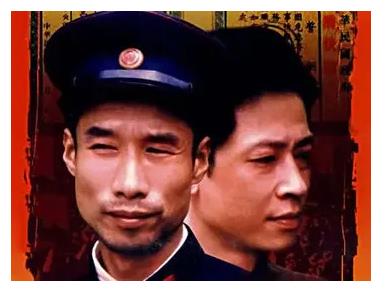
Tracing Without Regret tells the changes of Beijing from 1949 to 1988 after the founding of New China in the name of "spy war".
In view of this, the drama was controversial in that year, such as "Why should we create a’ good spy’?" "Why do you want to expose scars?" "Why did those past’ sports’ have to be filmed in such detail?" Wait a minute.
But it is also the case that "No regrets" is particularly precious in today’s film and television dramas with similar themes. Even now, it can make the audience think about some problems worth thinking about.
Tracing Without Regret was first broadcast in 1995, produced by Beijing TV Station, directed by Yin Li, written by Zhang Ce and Shi Jianquan, and produced by Zheng Xiaolong. This drama adopts the parallel narration of "two male masters", so "first hero" is teacher Wang Zhiwen and teacher Liu Peiqi. Compared with Wang Zhiwen, who has long been famous, this drama can be regarded as one of Liu Peiqi’s classic masterpieces. At the same time, Teacher He Bing, the young Ms. Li Bingbing, and even the actress Ms. Juanzi, who later played your princess in Princess Huanzhu, all played important roles.
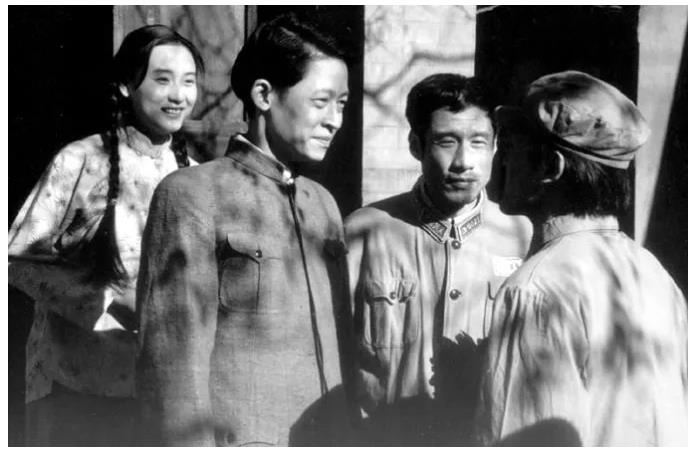
一
一句话,几十年
1949年,北平和平解放,肖大力(刘佩琦 饰)以人民警察的身份登场,巡逻时他路过剃头铺包师傅(李丁 饰)那里,听见包师傅和徒弟孙焕彰(何冰 饰)赞言天安门放炮庆祝的事情,当中有个高个年轻人止住他们的话,解释放的是什么样的炮,工作原理是什么。
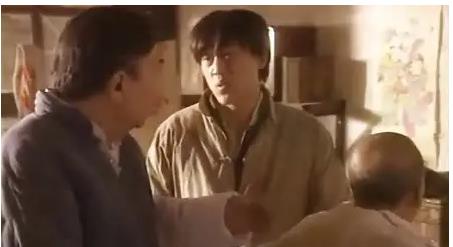
这一耳朵让肖大力询问身旁的留用(原国民政府)警察王六斤(李连义 饰):“这说话的是什么人?”
王六斤瞅了瞅,说:“他叫冯静波,是咱们这的教书先生。”
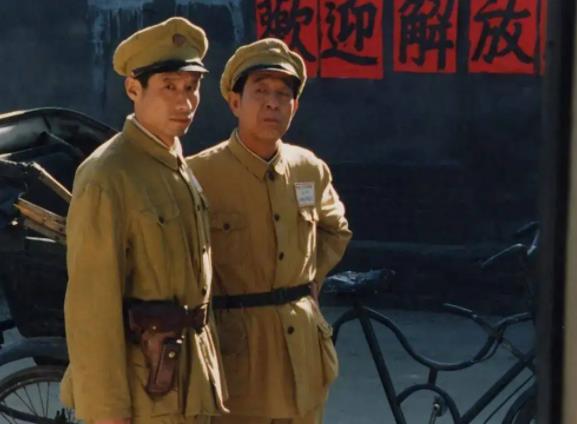
于是肖大力心里起疑:一个教书先生怎么知道枪炮原理?
这个问题后来围绕在他心里几十年。
为了探寻这个问题,他特意请示上级主动搬到冯静波(王志文 饰)住的院子里同他做了邻居。在随后的漫长岁月中,他夜半时常听到楼上收音机里传来一阵声音:
"Comrade 5182, please answer …"
Before Xiao Dali decided to move here, at midnight, in Feng Jingbo’s bedroom, his conversation with another person confirmed his guess. The man said to Feng Jingbo:
"Capitalism is not as good as communism, and communism is not as good as the Three People’s Principles … The organization decided to let you stay and collect information, and at the same time accept the next work instructions …"
Distinctive, Xiao Dali’s answer has long been known to the audience, and the next step is just a battle of wits between two people-
I know you know I know, I don’t say anything, you don’t say anything.
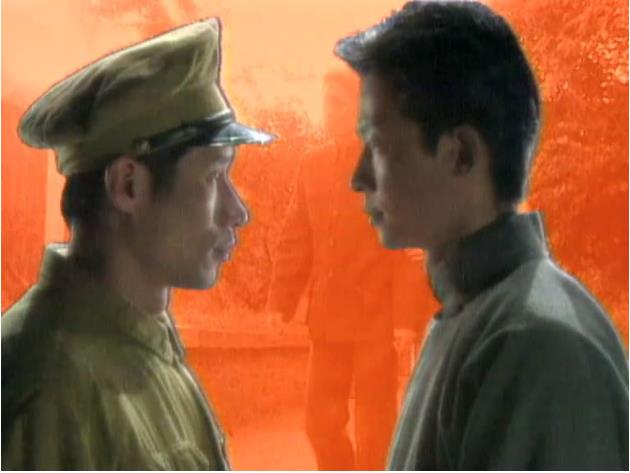
One is intended to lurk, and the other is to grasp the present. Many years later, when I watched it again, I found that Feng Jingbo seemed to have done nothing bad, and the radio left to him by the "organization" became a decoration. On the contrary, he is completely integrated into the new society, and he is cautious and trembling in Xiao Dali’s often cold eyes.
A walk, a look, two people in each other "accompanied" experienced various major historical events and various movements after the founding of New China. The audience also slowly forgot an important thing through the perspective of onlookers:
This is a spy war drama.
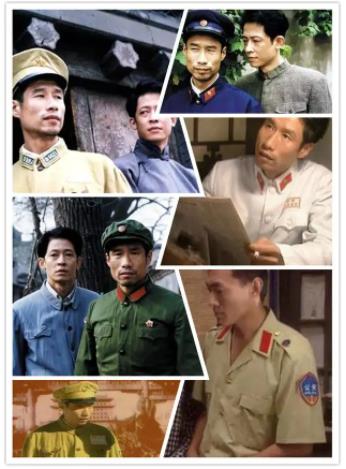
In "Tracing Without Regret", there are not many "spy wars" scenes involved, and it is always just around Xiao Dali who has racked his brains to catch Feng Jingbo’s handle and Feng Jingbo’s ambivalence:
He knows that the organization will contact him at any time, just like a prisoner sentenced to death with a suspended sentence, knowing the result, but he doesn’t know when that day will come.
What’s more, Xiao Dali has to catch the absconding bully "Six Hades", and this person may be the "online" who will contact Feng Jingbo. Therefore, as a neighbor, every time Xiao Dali clamored for a spy in the yard, Feng Jingbo thought that he had been "closed" for a moment or two.
In fact, Xiao Dali did lock him up once, but not because he was caught as a spy, but because of his "emotional problems."
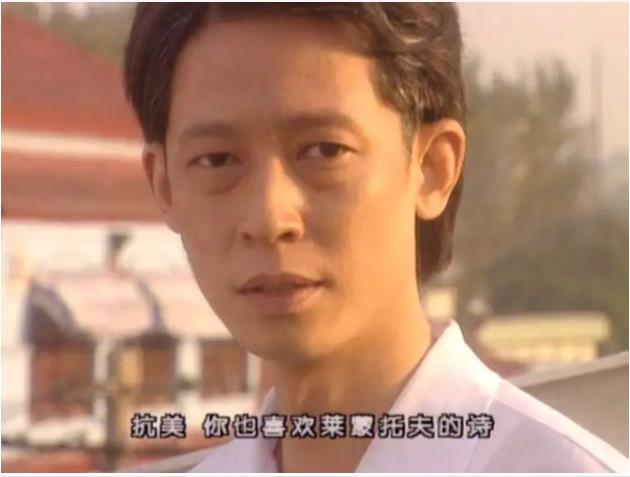
two
Two feelings, sigh the world.
Xiao vigorously suspected Feng Jingbo, but he never mentioned his doubts to anyone except a few people who were limited with the police station.
After the liberation of Peiping, he and his wife Liu Yaqin (Kong Lin) moved into the courtyard where Feng Jingbo lived. By mistake, Liu Yaqin became a teacher of a school for Feng Jingbo, and they became colleagues, and they also had a lot in common.
The couple are young and old, and their educational level is very different. Therefore, as one of the heroines in the drama "Yan value is second", Liu Yaqin always feels CP when he and Feng Jingbo are laughing and even walking together. Even at home, I don’t hesitate to appreciate "Teacher Feng". However, this plot also highlights Xiao Dali’s personality charm-
No culture, but full of magnanimity.
This kind of magnanimity makes him not pretend, not hypocritical, and also looks very brain-dead.
To what extent is magnanimous?
In the face of "movement", he pondered and asked:
"I think, if the enemy agrees with what we are doing, does that mean we are wrong?"
As a result, the superior almost spit out a mouthful of water: "Do you want to be a party member? !”
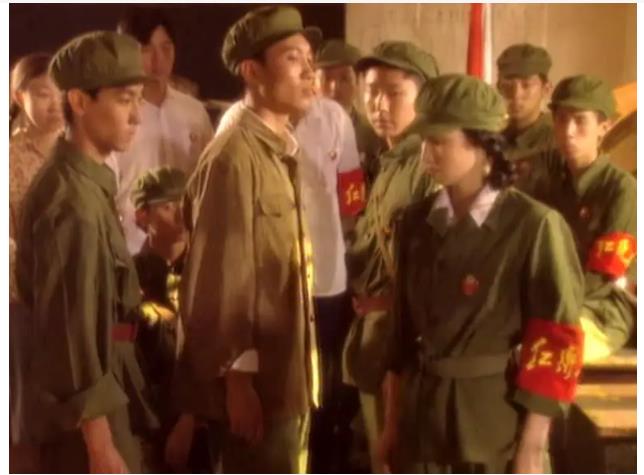
Xiao Dali was rude and admitted to death, but it was not unreasonable. After the "revolution" began, others attacked the campus. As the director of the police station, he also arrested his son on the grounds that "it could not affect his children’s schooling". Even after being taken away, persecuted or even injured by "teenagers", he would still think that "we are good people fighting good people and misunderstood. But you Feng Jingbo is different! I don’t believe you, a toad, can urinate? !”
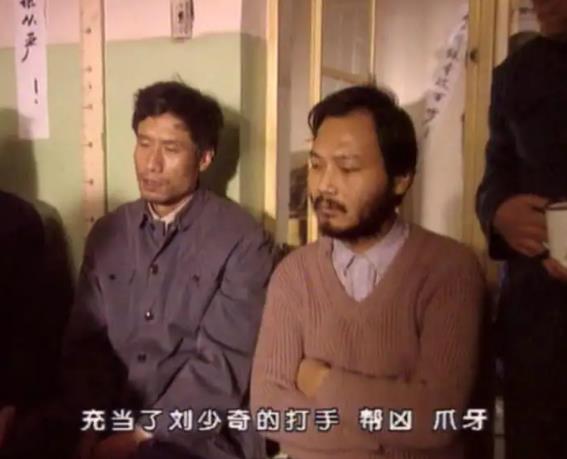
In order to find out the question that haunts this "Mr. Feng" in front of him, Xiao Dali "absconded" from the hospital, and as a result, his wife finally couldn’t bear the pressure and hanged herself …
Feng Jingbo, the other hero of this drama, has had a hard time for decades. He is a living person with flesh and blood, followed by a "warrior" with "faith", but the soldier himself is afraid of death. In order not to reveal his whereabouts, or even to cover his identity, he chose to marry the big eyebrow (Yue Xiuqing) who was born as a maid in a brothel, a decision that he regretted when he was young.
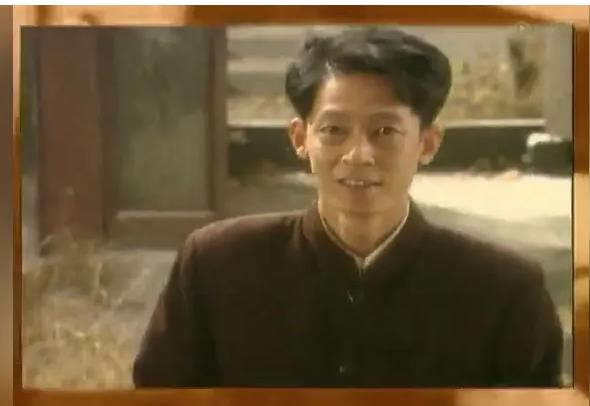
There are two scenes in this play that illustrate his pain:
First, Dameizi’s mother and brother came to live in the city from their hometown, and his wife and brother secretly sold garlic. In those days, they were caught by the police station as a result of "speculation". Dameizi’s mother knew that the director was Xiao Dali, a neighbor of her son-in-law, and his wife was a colleague of her son-in-law, so she clamored for him to intercede.
The scholar is thin-skinned, and when Feng Jingbo doesn’t go, the old lady shouts in the yard, and the vulgar words make him speechless.
First, although my brother-in-law was released, the police station asked him to write a check, and the old lady asked Feng Jingbo to write. Feng Jingbo said that I was right. Why did you let me write? The old lady scold again:
"You can’t even write a check or are you a scholar?"
When I grow up, watching this scene again reminds me of a question on the Internet:
Can two people with very different educational levels be together?
The marriage of Feng Jingbo and Xiao Dali can be said to be the perfect answer to this question, because they can all be referenced. Many years later, another popular TV series "Parents Love" also answered this question well:
Divide people.
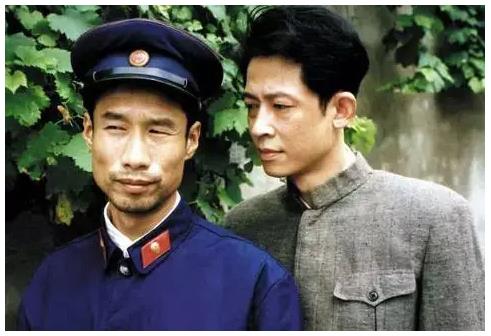
For Feng Jingbo, who has no love at all, the big eyebrow is just a "bunker", which is different from Xiao Dali’s love of "settling accounts with rival in love with grenades". Feng Jingbo despises the big eyebrow from his heart. This is also the reason why he cheated on the principal’s daughter, Xu Xiaoyu (Liu Xin).
When Dameizi knew that Feng Jingbo was cheating, everyone in the yard could hear her roar. When everyone rushed in, people only saw Feng Jingbo sitting in a chair with scratches on his face, while Dameizi was crying while swearing.
Therefore, Xiao Dali, who is also a working people, shut Feng Jingbo in the toilet and let him think about his own problems.
Feng Jingbo said: "My feelings are my own business."
Xiao Dali said, "I’m talking about other things besides feelings."
Such specious words between two people will exist for many years.
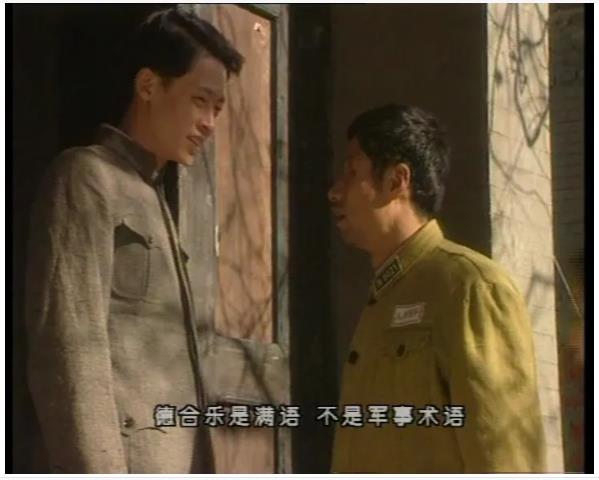
three
Look at the sea, just ask the sky.
Walking in the history of time, the radio became an antique, and the barber shop was renamed as a barber shop. Xiao Dali, who lost his lover, and Feng Jingbo, who made do with it for half a life, ushered in a new era.
In the changes of the times, they are all old and behind the times.
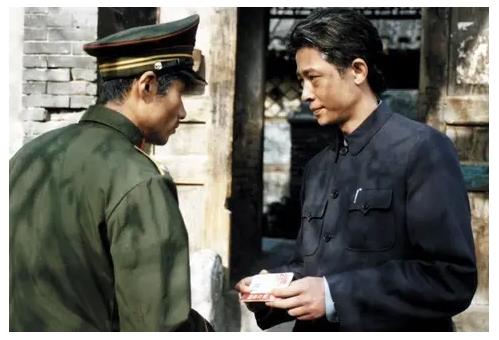
What Xiao Dali doesn’t understand is why people used to buy meat to buy fat, but now they want to buy lean meat. Why does his son (Hao Rong) become more and more timid? Why are workers and peasants slowly losing their glorious status? Why do you watch your neighbor girl Yuan Yuan (Juanzi) accompany foreigners to foreign-related hotels and become a "lying and earning money advocate" disdained by cleaners? Why did his persistence and persistence become the "brain disease" in the mouth of the younger generation?
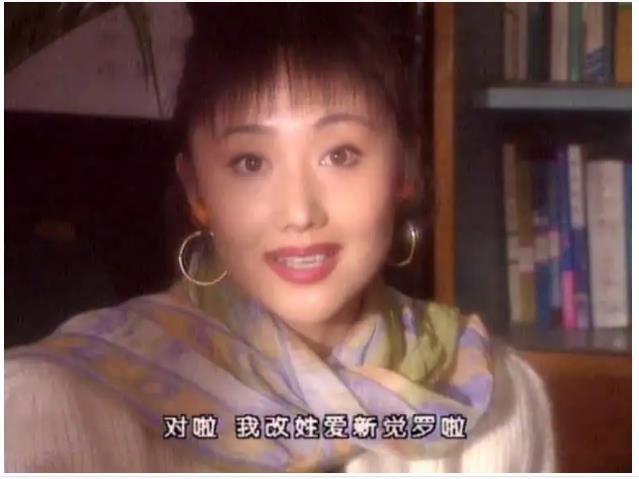
What Feng Jingbo doesn’t understand is why his wife and daughter (Li Bingbing) are increasingly alienated from themselves. Why "Looking south to Julian Waghann for another year, Julian Waghann only has propaganda company"? Why does it seem that the more "counter-offensive" it has been for decades, the more "far" it seems? Why did no one mention the blood debt of that year after the "Six Yan Wang" who was shouted and killed by everyone in the past returned to the mainland as a Taiwanese businessman, but instead praised him as a guest? And what is this person who has been lurking for decades and exhausted his life?
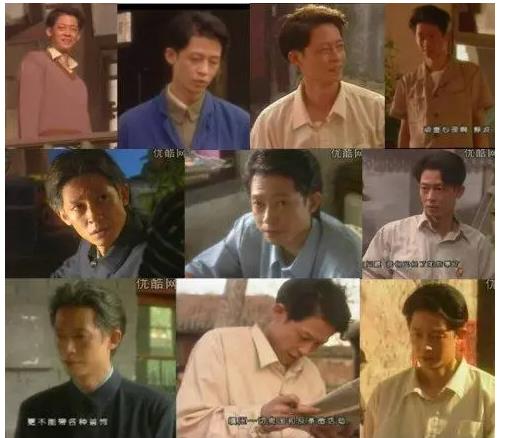
So, he drank wine and said in front of everyone:
"I don’t believe this. Can this toad still urinate?"
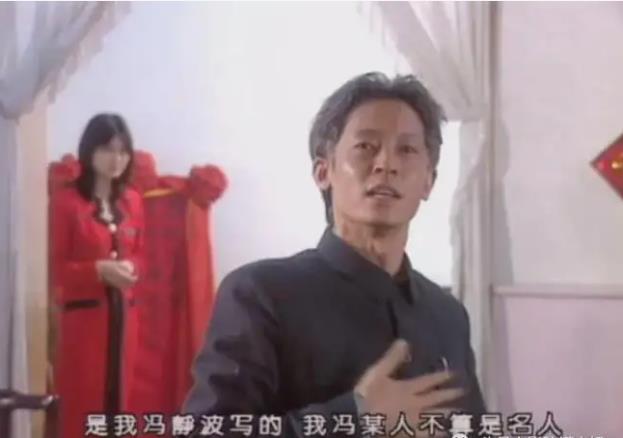
The somebody else quickly stopped him:
"Why do you talk more and more like Xiao Dali?"
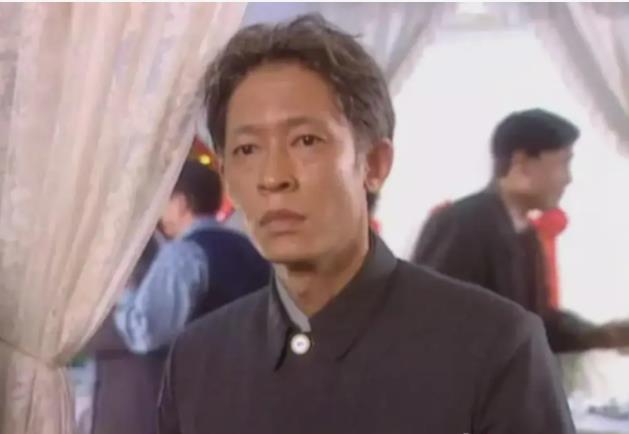
"Love each other" kills each other, which is probably the case.
Interestingly, Xiao Dali only despised Feng Jingbo from beginning to end, disdaining his marriage as a cover, disdaining his infidelity, disdaining his poverty and pedantry, but not his personality. Even in the craziest years of that year, he insisted on grasping evidence to arrest people.
Feng Jingbo only respects Xiao Dali, angry that he is stubborn but respects him, angry that he does not respect personal privacy but respects him, and angry that he does not support the marriage of two children but respects him.
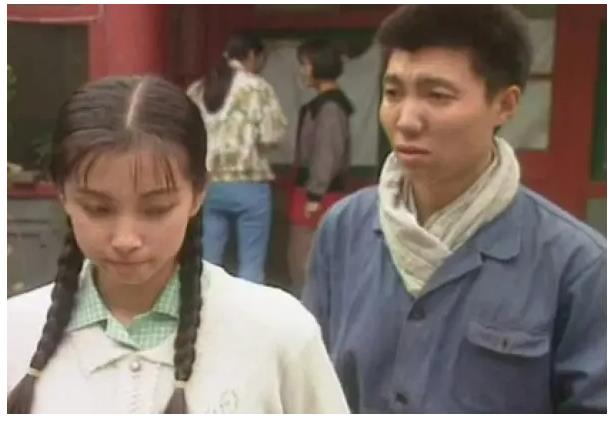
Finally, when Feng Jingbo realized that Dameizi had long known his spy status and burned the "power of attorney", he could only tell his daughter not to be with Xiao’s son, and after decades of suppression, Feng Jingbo was relieved in pain:
I admit it, that’s all.
One morning, Xiao Dali went out and saw a letter on the ground. Feng Jingbo said in the letter:
Dali, you guessed right. I’m a spy, code 5182. I’ll turn myself in. I’ve been pestering you for decades, and I’m convinced.
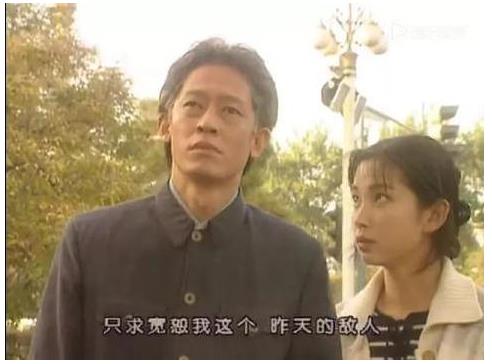
four
Postscript
For the first time, I actively, consciously and seriously talked about a TV series nearly 30 years ago. So far, there are still many plots and details that have not been written, just written and written. I found out why the broadcast of No regrets caused a lot of controversy and even criticism.
From 1949 to 1988, New China experienced many major historical events and various movements. There was a scene in the play in which Feng Jingbo couldn’t stand Xiao Dali’s suspicion and said, "You count, from the founding of the People’s Republic to the present, four clean-ups and four small ones are unclear … when have I fallen behind?"
Xiao Dali’s bearded master (Hou Kun) divorced his original rural wife at the speed of light after entering the city, and married the director of women. During the "difficult" period, his wife’s children went to the city to find him, stayed at Feng Jingbo’s school overnight, and went to the canteen to find food in the morning. As a result, they choked to death (big neck disease). Feng Jingbo said that their hometown was starving, and Xiao Dali quit, saying that he was viciously attacking the government. After being released, Feng Jingbo said to him softly, "There is no one in that child’s hometown …" Xiao Dali was no longer angry …
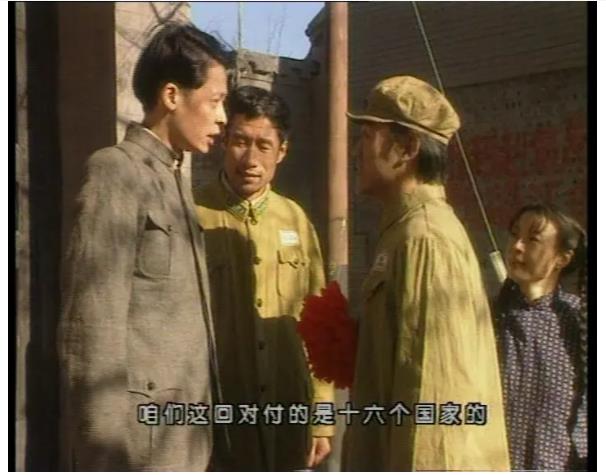
As for Master Bao’s apprentice Sun Huanzhang, who fought in the War to Resist US Aggression and Aid Korea, he was stunned by a bomb, burned off an arm by a firebomb and became a prisoner. After returning to China, he never joined the party. Eliminating the four evils and the madness of the whole people during the Great Leap Forward; Closing brothels and letting women collectively receive cultural education and arrange employment, etc., almost all the phenomena after the opening of the corresponding plot have become a satire. Especially when the former executioner "Six Yan Wang" appeared as a Taiwanese businessman who went to the mainland to find relatives and invest, all those indignant people changed their faces, which further enhanced the historical value and social value of the play.
Compared with the original short stories of the same name, Tracing Without Regret, in the conception of its director and creator, constructs the development process of new China in just 20 episodes, and only uses the lens to lead the audience to "browse" the events that grandparents and fathers have experienced and the performance of all the people in these stories.
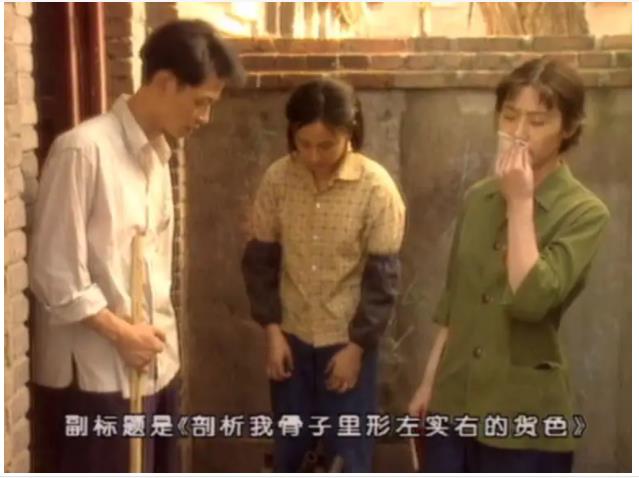
Those who are good at meeting people who know how to "keep pace with the times" live well, while those who abide by principles can only lament injustice. As for the Great Leap Forward, Feng Jingbo stood in front of the demolished stove. The stove was developed by him alone to cook hot meals for the students, but it was used by everyone as an "advanced" performance. He could only lament:
The children are going to eat cold rice again.
Xiao Dali behind him is awkward. He may have wanted to say that I caught your "reactionary remarks". But when you think about it, it seems reasonable.
Because Xiao Dali is also an honest man.
As for the most criticized ending, it may be Feng Jingbo’s surrender:
You didn’t catch me. I admitted it myself.
You can’t catch me either, because I haven’t done anything bad.
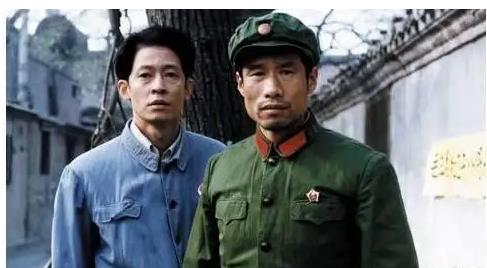
This was unimaginable in the film and television creation of that year, and it is unimaginable now.
Therefore, I made a little effort to briefly introduce this "No regrets tracking".
It is not "black and white", nor "positive will win evil". The "enemy" also has faith, does not yield, is human and deserves respect.
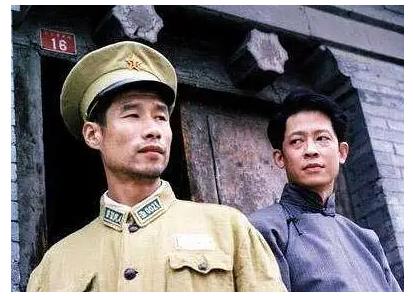
Rare, very rare, too rare.
If its position is unclear, it just states a real history.
If it is said that there is no distinction between loyalty and treachery, in that history, it is clear who is loyal and who is treacherous.
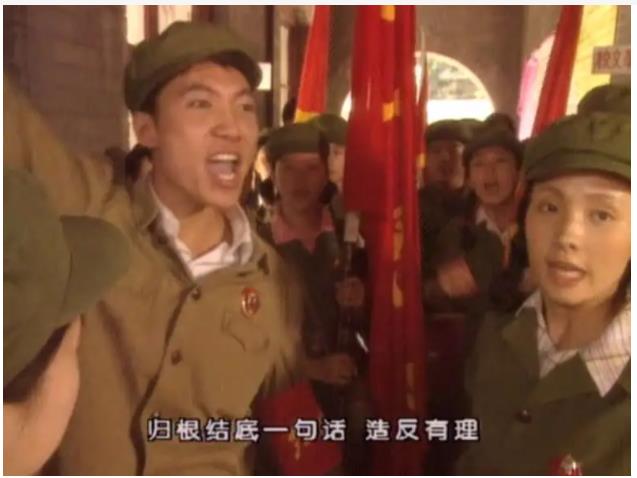
Fortunately, now this drama can be watched on all major platforms, which is even more rare for an excellent, undisguised, objective and fair literary work.
No regrets, you can’t just pay a joke.
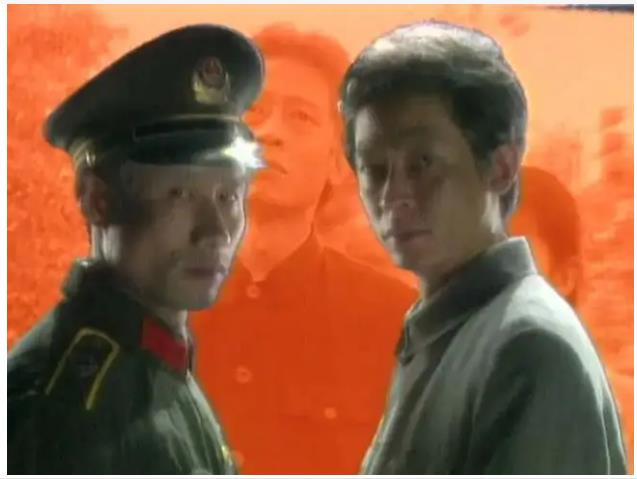
?
